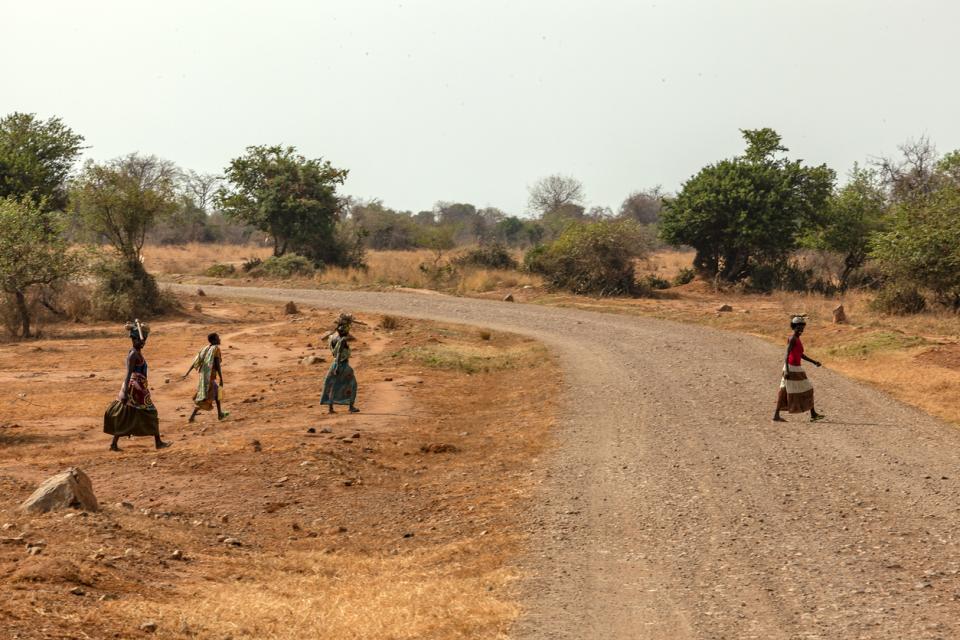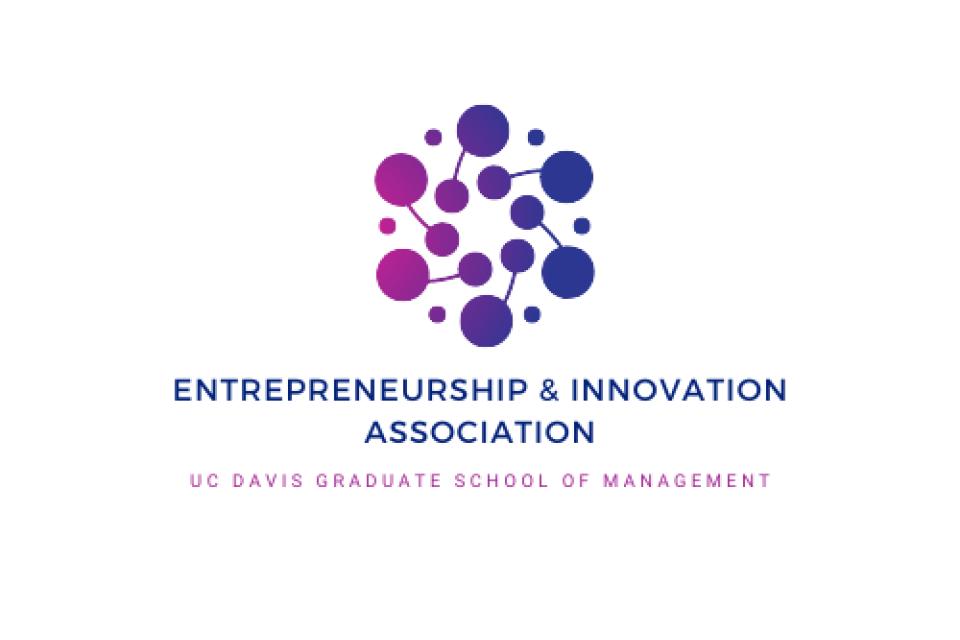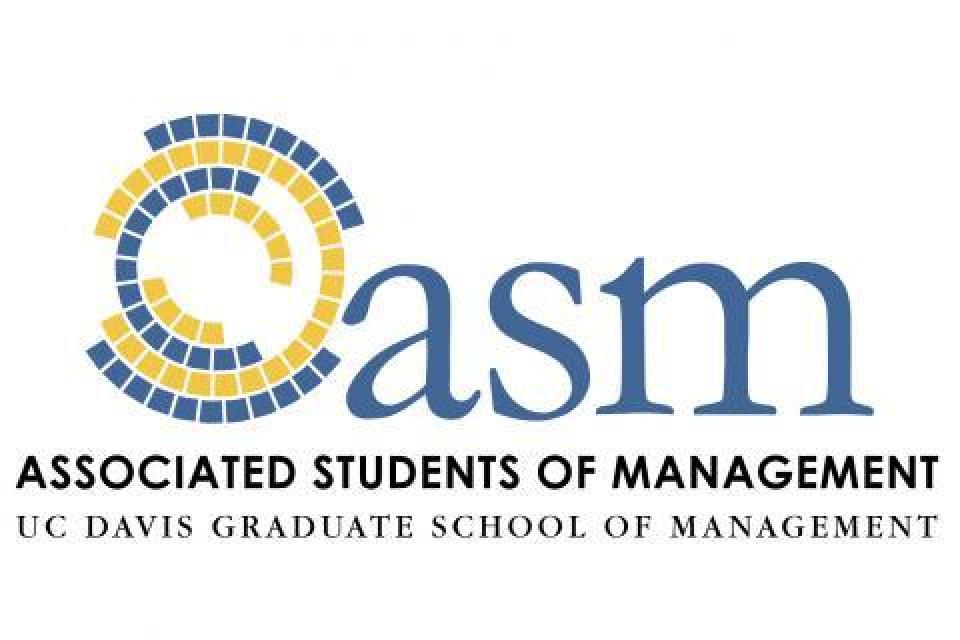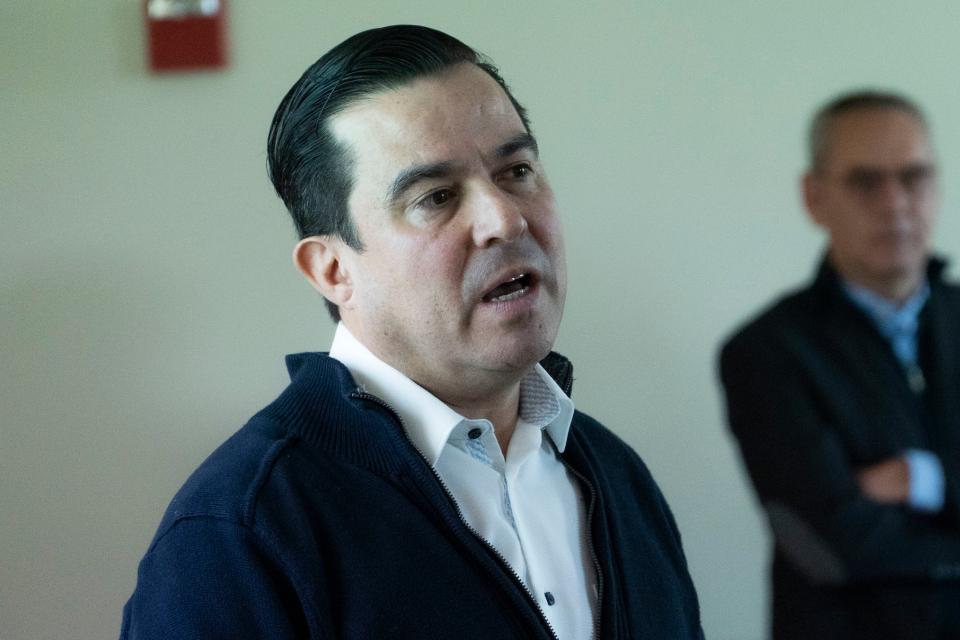From Uganda to UC Davis: My Journey in Food Sustainability
What I learned as an MBA about feeding the world and combating food waste

I grew up in a family that was attuned to farming. For many years I worked with local farmers in rural parts of Uganda and, after becoming a U.S. citizen, with refugee urban farmers in Atlanta, Georgia. From these experiences, I developed a deep appreciation for the hard work and dedication that is required to produce the food that sustains us all.
I’ve also noticed how the usual laser precision of local famers in my village back in Uganda are now falling short on yields because the times have changed. There has been a rapid growth in population around the world. Additionally, the climate is all over the place with wet seasons stretching longer than before and dry seasons going on for longer stretches as well.
We continue to see places like Somalia and other parts of Africa and Asia go without food due to climate related disasters. At the same time there are many other places that have food in excess that finds its way in the land fields causing a whole host of problems like greenhouse gas emissions and other related costs.
My question is: why can’t we adopt better innovative ways of growing food and managing supply chain?
Food and Agriculture Industry Immersion
With this question burning in my mind, I enrolled in the Food and Agriculture Industry Immersion program at the Graduate School of Management.
Attending the food and agriculture industry immersion course this quarter has been an eye-opening experience for me. The course is designed to give students a deep dive into the challenges and opportunities facing the food and agriculture industry, and to help us understand how good business management can play a role in creating positive change.
The immersion began with a series of presentations from experts in the field. They covered topics such as sustainable agriculture, food waste reduction and the role of technology in the industry. Additionally, a group of us also had the opportunity to visit a prominent partner HM.CLAUSE’s facility here in Davis, California where we got a firsthand look at some of the innovations and practices being used to improve seed varieties, sustainability and efficiency.
Solving Real-World Problems
In this immersive experience, I also worked with my fellow MBA colleagues to hash out case problems that were thrown at us and, within the shortest time possible, we were to come up with viable recommendations. We did the research, derived insight and applied business frameworks that would convey our recommendations clearly to our guests.
This experience allowed me to apply my MBA skills. It also allowed me to learn from senior expert speakers who, not only presented us with business problems, but later gave us feedback to our solutions and extra nuggets of industry wisdom. I would be remiss if I did not to mention some of the real-world business problems we worked on:
- Supply chain management and packaging cases from E.& J. Gallo Winery, UNFI, and HM.CLAUSE
- A marketing and go-to market strategy cases from Driscoll’s, ofi and ReGrained
- A customer experience and engagement case from Raley’s
- A market analysis and branding case from Once Upon A Farm and The Coca Cola Company
Networking with Industry Professionals
One of the most impactful parts of the immersion for me was the chance to meet and network with professionals in the industry. We had the opportunity to connect with representatives from food companies, faculty staff and government agencies and heard about their work and perspectives on the industry. These conversations gave me a deeper understanding of the complex challenges facing the food and agriculture industry, as well as the diverse perspectives and approaches being used to address them.
Looking back at the work I did with local farmers in rural parts of Northern Uganda and seeing the limitations of innovation, climate change and supply chain constraints, it is very clear to me now that there is a dire need to invest in innovative technology to combat the exponentially growing challenge of climate change, food waste and supply chain to feed the growing global population.
Knowledge to Create Positive Change
Overall, the Food and Agriculture Industry Immersion program was a valuable experience that broadened my understanding of the role of business in sustainability and gave me insights into an industry that is critical to our economy and our society. As someone who hopes to work in the product management and sustainability field, I feel more equipped to understand and engage with the challenges and opportunities facing the food and agriculture industry, and to use my skills and knowledge to create positive change.


